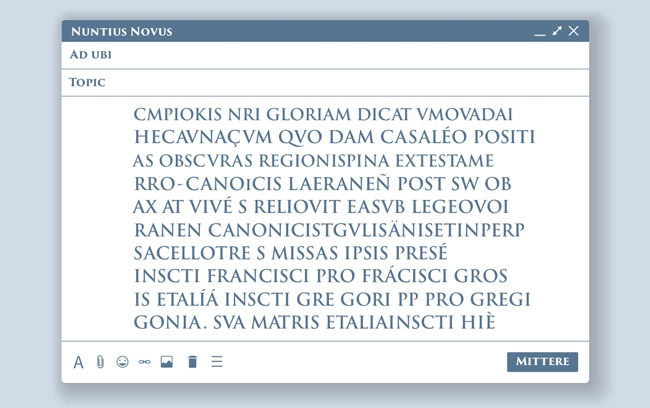
Why engaged programmers keep loving C++
Jeroen Van Antwerpen - August 23, 2022

Rumors about the imminent death of C++ have been around for some time. The language created by Bjarne Stroustrup in 1985, as an OO extension of C, is undoubtedly one of the most influential programming languages in the recent history of computing, but many believe it’s less popular today than it was in its 2000 heydey.
The TIOBE programming community index charts its steady decline from 2004 to 2018 followed by a modest recovery in recent years. But take this and other indexes for what they’re worth. Stroustrup himself says that they basically measure noise and ought to report their findings in decibels rather than ‘popularity’.
The powerhouse of programming languages
The facts are what they are: the number of C++ users is still steadily on the rise. Isn’t that remarkable for a language that was initially standardized long before cloud computing and IoT became the talk of the town?
One reason is that C++ is still the performance powerhouse of programming languages, exemplified by the fact that Unity and Unreal Engine — the biggest and most widely used game engines available — are based on it.
Writing emails in Latin?
Blog post

But the fact that Stroustrup is a boomer and that C++ has been around for nearly 40 years seems to undermine the language’s credibility among young professionals and students, largely based, I believe, on a misunderstanding. The C++ standard has been dramatically improved and enriched in recent decades, involving a much larger group of experts.
A major breakthrough was the 2011 standard, which started an evolution away from verbosity towards simpler but richer and more concise coding. Unfortunately, many academic programs are still based on the earlier standards or even pre-standard C++. In certain academic circles, a kind of puritanism persists. It’s as if your professor insists that you write emails in Latin because it’s such a beautiful language.
Blog post
Ideal for high-performance business applications
Blog post
A major advantage of C++ is that it allows you to get really close to the machine, which is essential for today’s high-performance large-scale, and data-driven business applications. It’s also very robust, at least in the hands of skilled and engaged programmers. Are you this kind of programmer? Then why not join our team?


Jeroen Van Antwerpen
Platform Architect at OMP BE
Biography
Joining OMP in 2012, Jeroen has delivered value in a number of areas of responsibility. His current focus as a C++ expert is delivering qualitative functionalities in the forecasting solution and supporting a range of developer projects.






